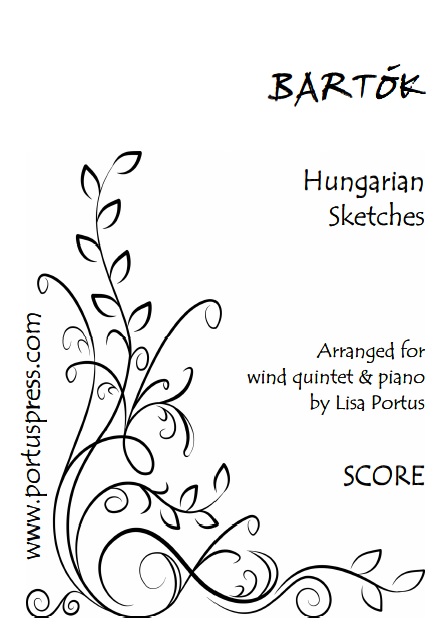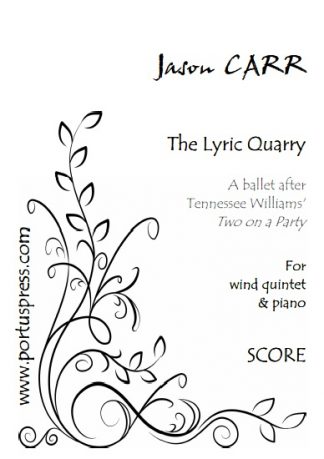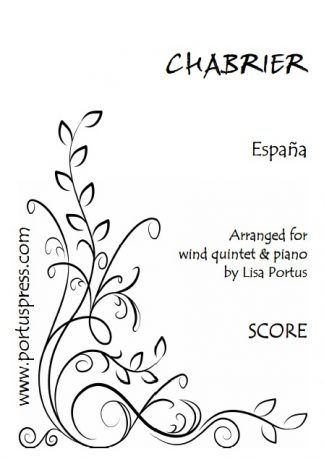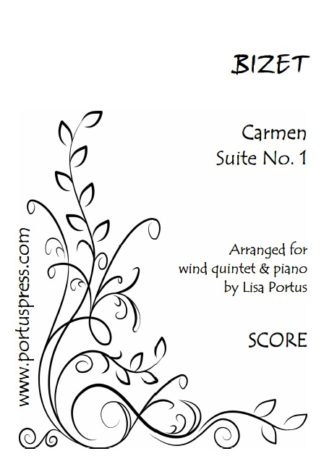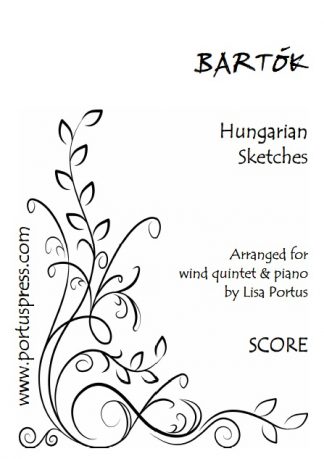Description
Like so many composers, Bartók (1881-1945) was never fully appreciated during his lifetime: indeed audiences of the time often found his work challenging. Money was never plentiful either, and his Hungarian Sketches (1931) – which were originally conceived as piano pieces and drawn together and orchestrated ‘on account of money’ – were designed to be purposefully appealing in an attempt to win a warm reception.
In common with a great deal of Bartók’s output, all five Hungarian Sketches have folk-like flavours, even though all but the last have original themes. The first two are taken from his Ten Easy Pieces (1908). Evening in the Country opens with a nostalgic melody of serene mood which alternates with a joyous theme of playful, folk-like character. The boisterous Bear Dance is a complete contrast: a chordal, spikey, rustic dance. The central movement of the suite is the slow, mournful Melody (from Four Dirges, 1920). With its humourous staggering and hiccupping Slightly Tipsy (the second of the Three Burlesques, 1911) certainly lives up to its name! Bagpipe drones abound in the suite’s energetic finale: Swineherd’s Dance (from For Children, 1908-09).

